Vasomotor symptoms are a common aspect of menopause and can significantly contribute to sleep disruption for women going through this stage of life. Vasomotor symptoms refer to the hot flashes and night sweats experienced by many menopausal women, and they can have a profound impact on sleep quality and overall well-being.
- Hot Flashes: Hot flashes are sudden and intense sensations of heat that can be accompanied by sweating, flushing, and a rapid heartbeat. They are often most prominent during the night, leading to nighttime awakenings and sleep disturbances. When a woman experiences a hot flash while sleeping, it can cause her to wake up feeling sweaty, uncomfortable, and unable to fall back asleep easily.
- Night Sweats: Night sweats are episodes of excessive sweating during sleep, often triggered by hormonal changes associated with menopause. Similar to hot flashes, night sweats can interrupt sleep patterns, leading to fragmented and less restful sleep.
Deep Dive into the Understanding of Vasomotor Symptoms
The pathophysiology of vasomotor symptoms during menopause involves complex interactions between hormonal changes, the central nervous system, and peripheral vascular responses. As mentioned earlier, vasomotor symptoms, such as hot flashes and night sweats, are primarily attributed to the decline in estrogen levels that occur during menopause.
- Hypothalamus and Thermoregulation: The hypothalamus, a region in the brain responsible for maintaining body temperature, plays a central role in the development of vasomotor symptoms. Estrogen has an impact on the thermoregulatory center in the hypothalamus, which helps regulate body temperature by responding to changes in internal and external factors.
- Estrogen's Influence: Estrogen normally helps keep the thermoregulatory center sensitive to slight changes in core body temperature. However, during menopause, as estrogen levels decline, this sensitivity is disrupted, leading to alterations in the body's perception of temperature.
- Vascular Changes: When a hot flash occurs, the hypothalamus mistakenly perceives the body as too hot, even when it is not, and signals the body to cool down. This triggers the dilation of blood vessels in the skin, leading to increased blood flow to the surface of the skin. This response is an attempt to dissipate heat, similar to the body's reaction when it is genuinely overheated.
- Sweating Response: The dilation of blood vessels in the skin during a hot flash is accompanied by an activation of the sweat glands. This leads to sweating, which further aids in cooling the body.
- Physiological Response: The sudden rush of blood to the skin, combined with sweating, causes the characteristic sensations of heat and flushing that women experience during hot flashes.
- Sleep Disruptions: Hot flashes and night sweats can occur at any time, including during sleep, leading to sleep disruptions and subsequent sleep disturbances.
It's worth noting that while the decline in estrogen is the primary trigger for vasomotor symptoms, the exact mechanisms and neural pathways involved are not fully understood. Additionally, other factors, such as changes in other hormones (e.g., luteinizing hormone and follicle-stimulating hormone), neurotransmitters, and changes in blood vessel responsiveness, may also contribute to the development of vasomotor symptoms during menopause.
How do Vasomotor Symptoms Affect Sleep?
Vasomotor symptoms can disrupt sleep in various ways:
- Fragmented Sleep: The sudden onset of hot flashes and night sweats can cause frequent awakenings throughout the night, leading to fragmented sleep. Sleep fragmentation can prevent a woman from getting enough deep and restorative sleep, leaving her feeling fatigued during the day.
- Sleep Onset Difficulties: The fear of experiencing hot flashes during the night can create anxiety and make it challenging to fall asleep. The anticipation of sleep disruptions can further exacerbate sleep difficulties.
- Sleep Maintenance Difficulties: The hot flashes and nights sweats can awaken our arousal system and make it very difficult to fall asleep after a hot flash in the middle of the night.
- Sleep Quality: Even if a menopausal woman manages to fall back asleep after a hot flash or night sweat, the overall quality of sleep can be compromised. Frequent awakenings disrupt the natural sleep cycles, leading to lighter, less refreshing sleep.
- Daytime Fatigue: Sleep disruptions caused by vasomotor symptoms can result in daytime fatigue, irritability, difficulty concentrating, and reduced overall productivity.
Managing Vasomotor Symptoms for Better Sleep
While vasomotor symptoms during menopause are challenging to eliminate completely, there are strategies to help manage them and improve sleep quality:
- Temperature Regulation: Keep your bedroom cool and well-ventilated. Use breathable bedding materials and consider a cooling mattress or cooling pillows to minimize discomfort from night sweats.
- Dressing for Bed: Wear lightweight, moisture-wicking sleepwear to help manage body temperature during the night.
- Lifestyle Modifications: Avoid triggers that can worsen hot flashes, such as spicy foods, caffeine, and alcohol.
- Stress Reduction: Practice relaxation techniques like deep breathing, meditation, or yoga to manage stress, which can potentially lessen the frequency and intensity of hot flashes.
- Hormone Therapy: For severe vasomotor symptoms that significantly impact sleep and quality of life, hormone replacement therapy (HRT) may be considered under the guidance of a healthcare professional. HRT can help balance hormone levels and alleviate some menopausal symptoms.
- Medication: Certain medications, such as selective serotonin reuptake inhibitors (SSRIs) and serotonin-norepinephrine reuptake inhibitors (SNRIs), have been found to reduce the frequency and severity of hot flashes. These should be discussed with your Empower Sleep provider.
Conclusion
Vasomotor symptoms, particularly hot flashes and night sweats, can lead to sleep disruption during menopause. These sleep disturbances can affect a woman's overall well-being and daily functioning. By implementing lifestyle changes, creating a sleep-conducive environment, and considering appropriate medical interventions, menopausal women can significantly improve their sleep quality and cope better with the challenges of this natural life stage. If sleep disturbances persist, it's crucial to consult with your Empower Sleep provider to explore further options for relief. Remember that self-care, patience, and seeking support are essential during this transformative phase of life.



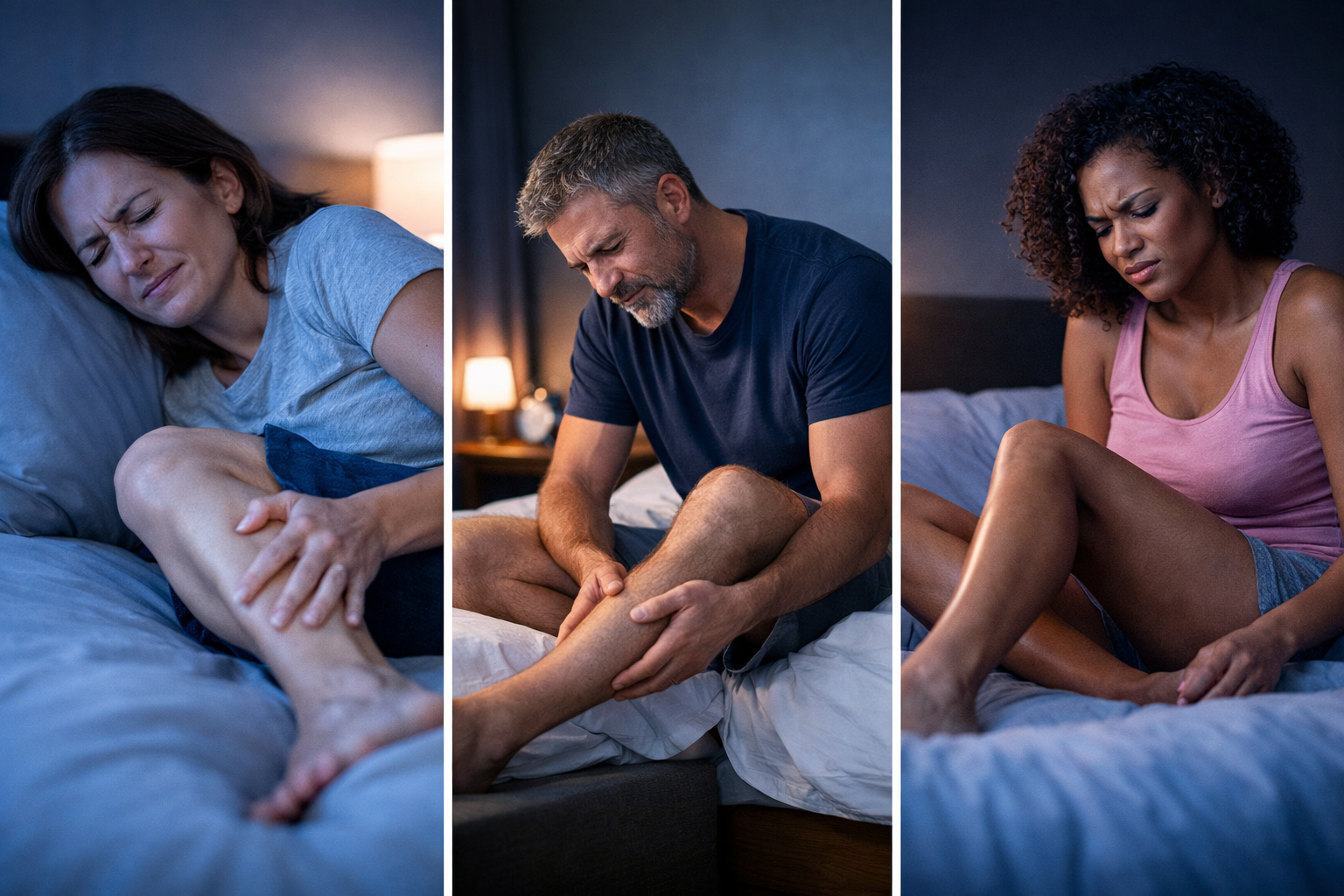
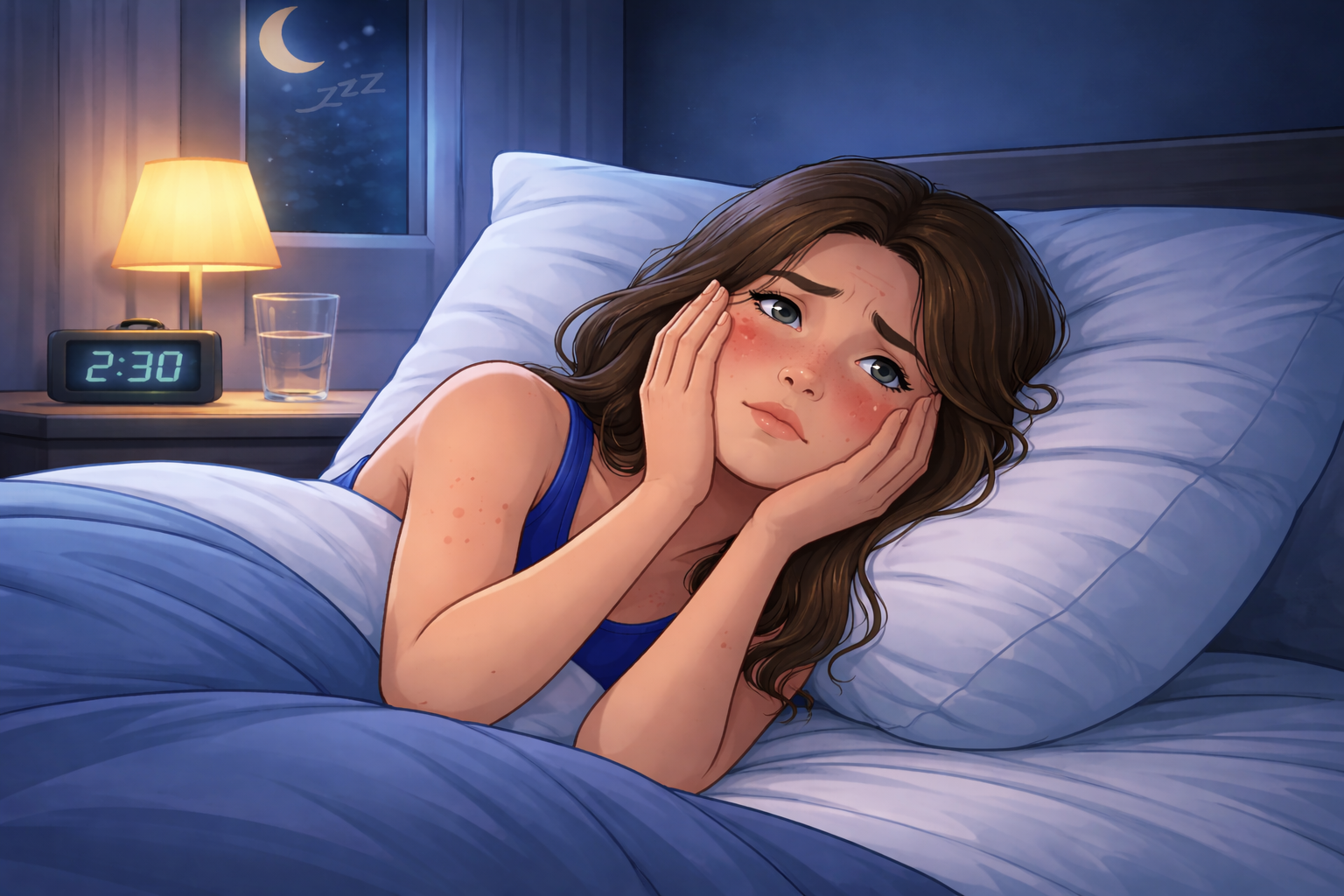

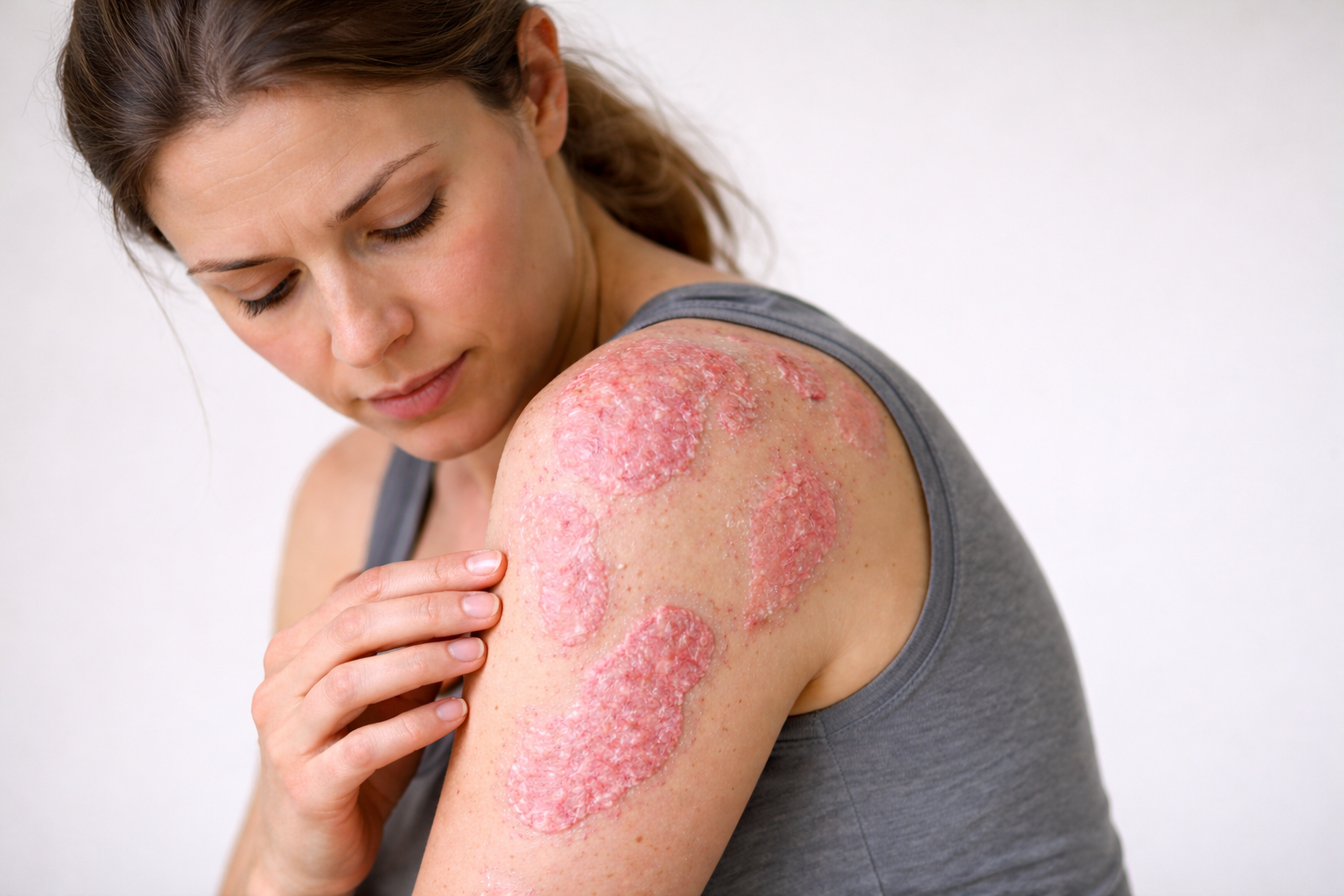
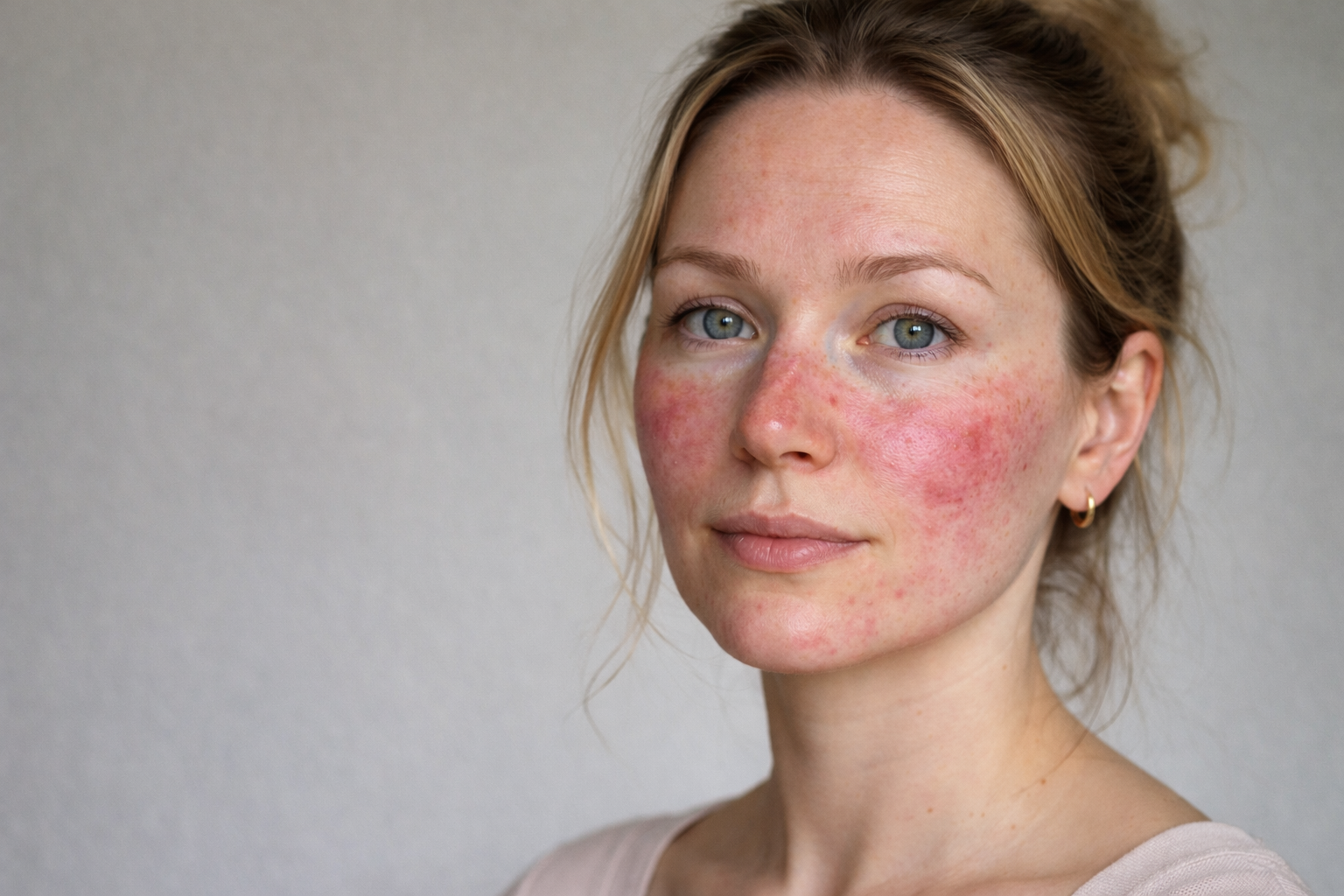

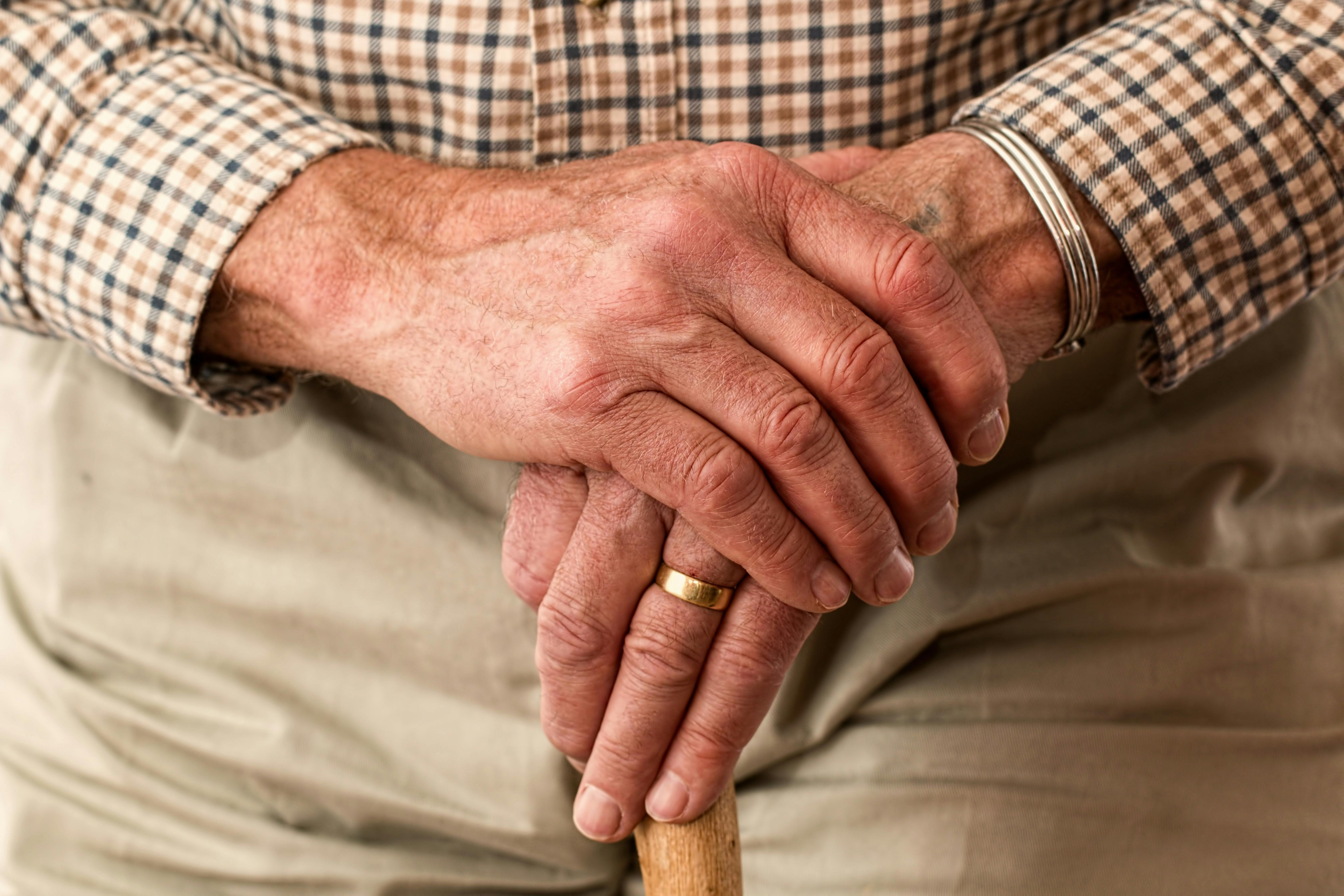
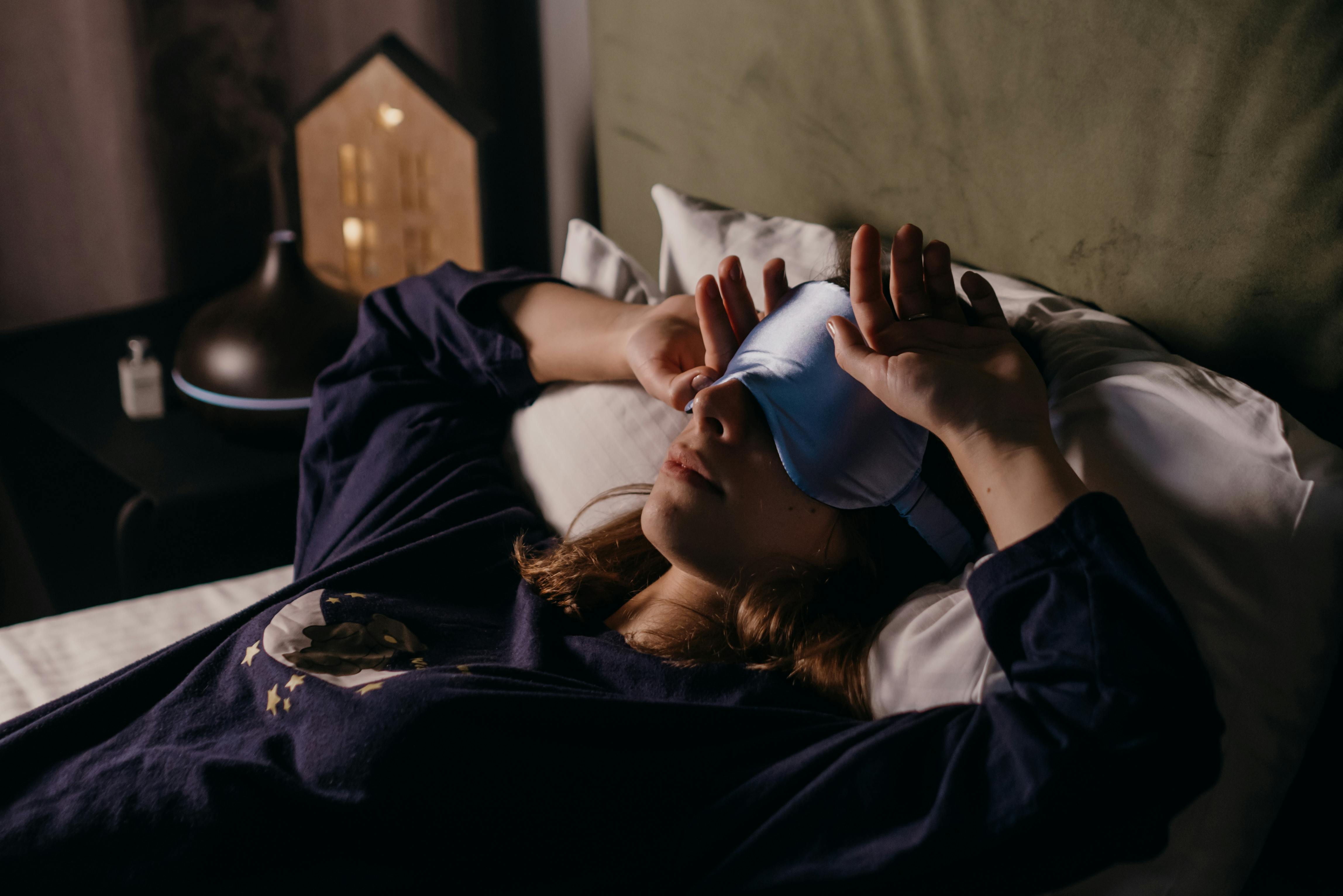




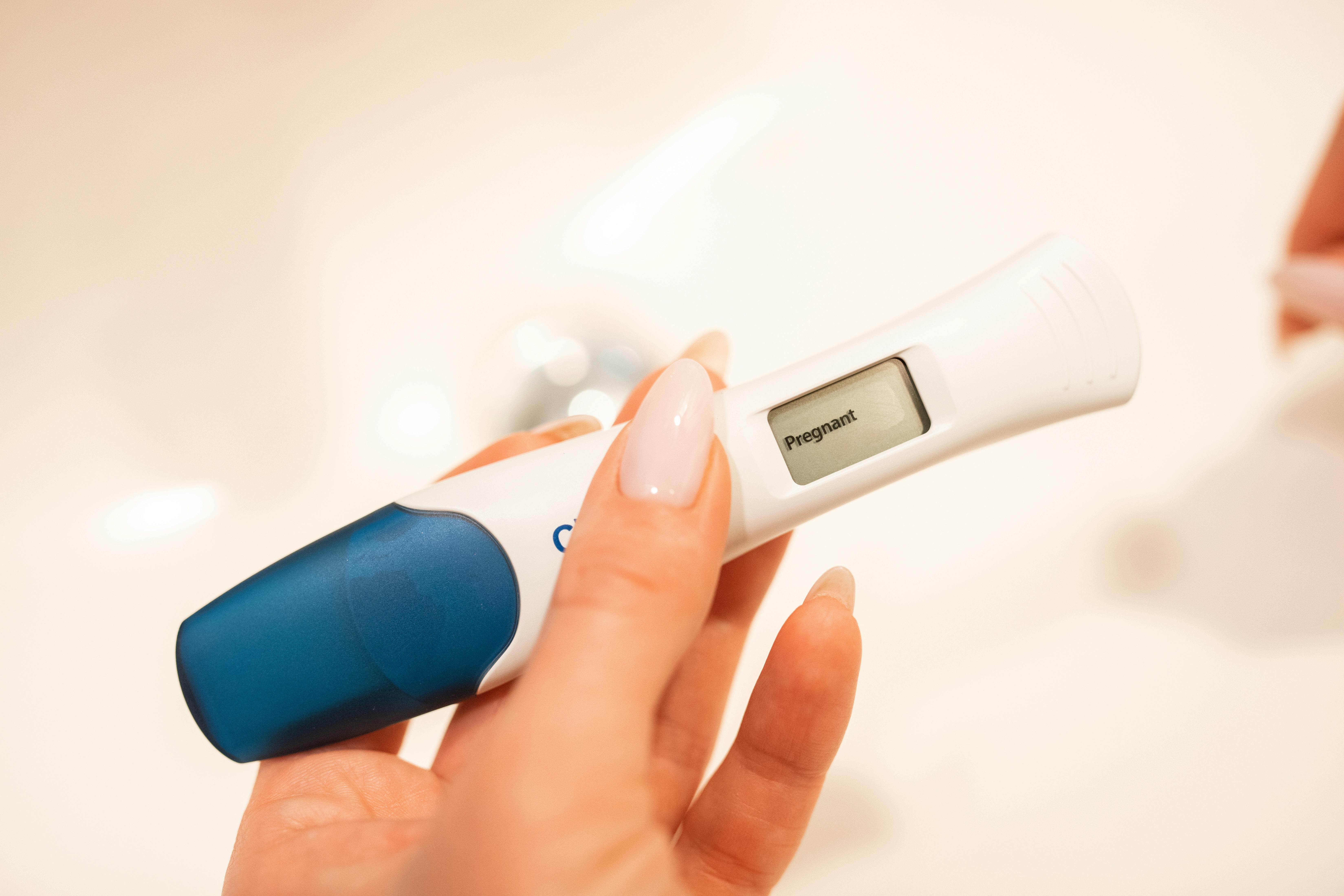





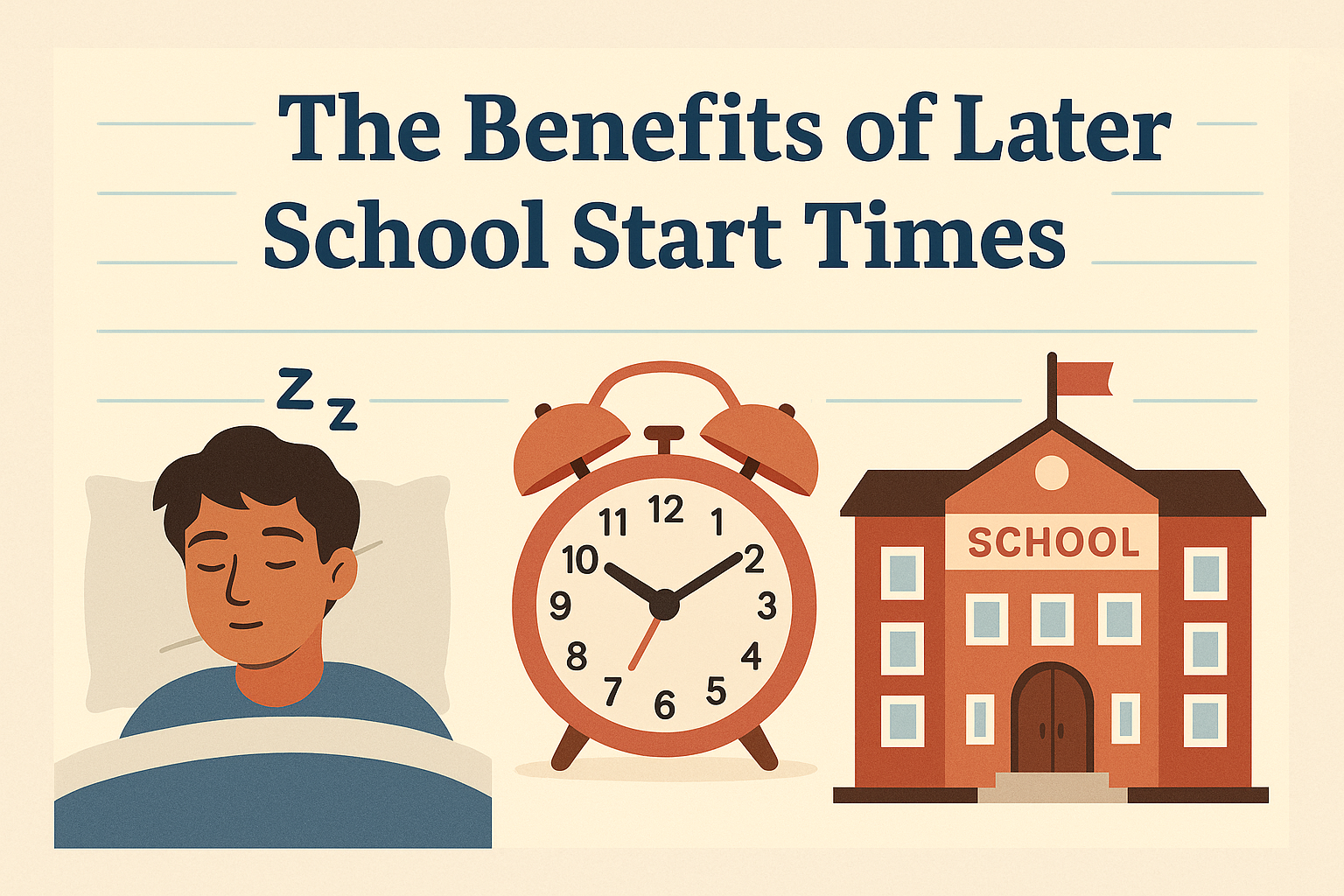

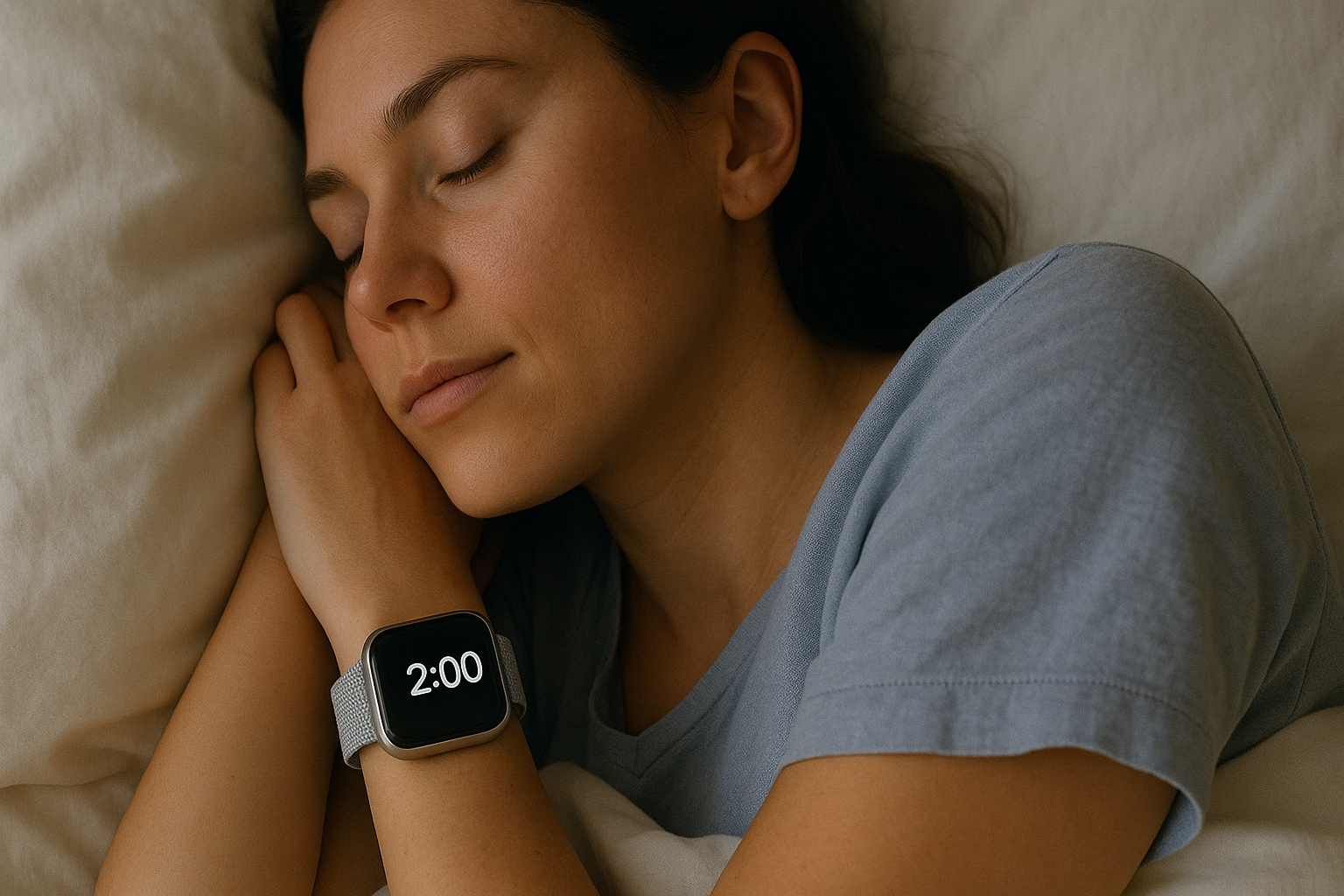


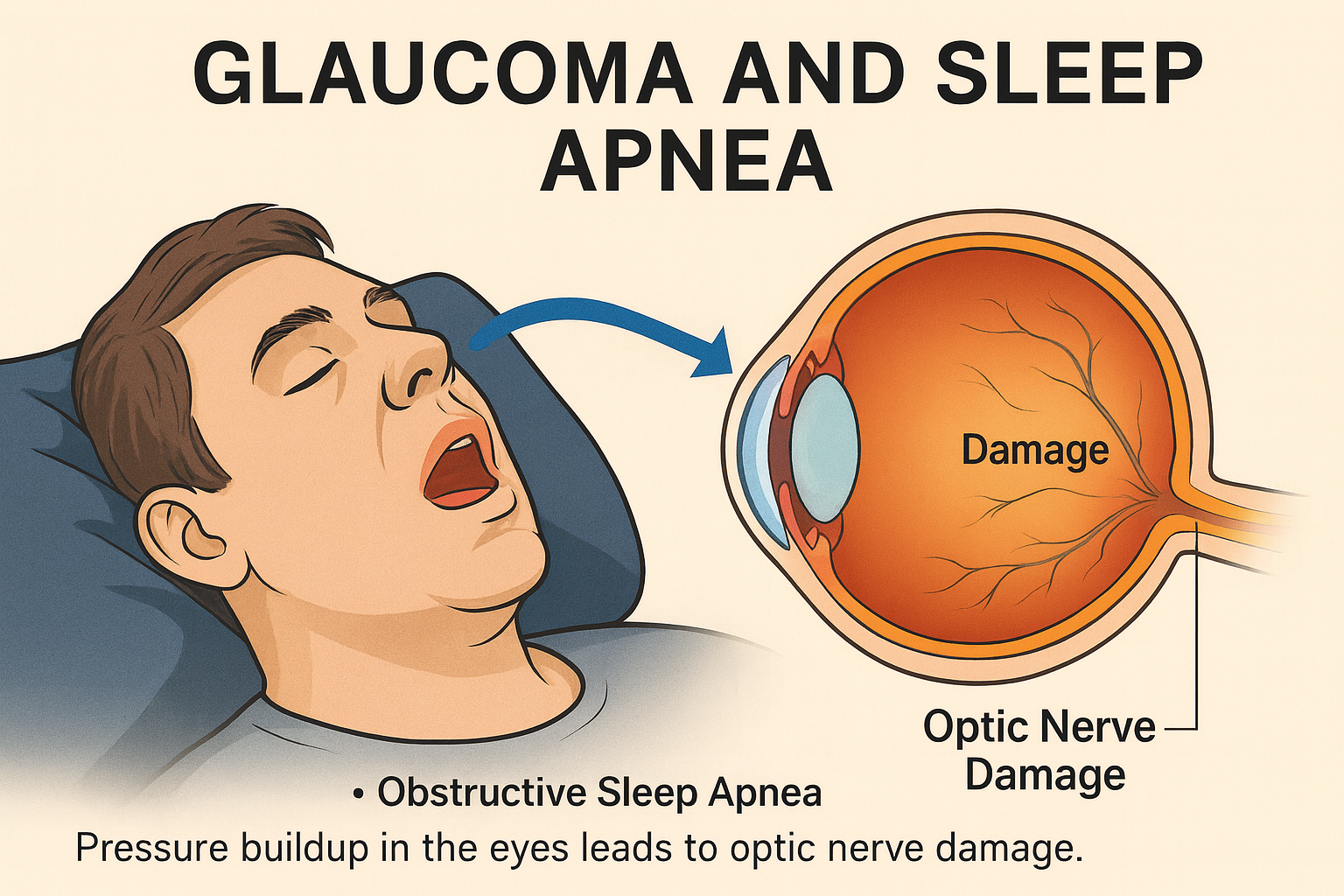
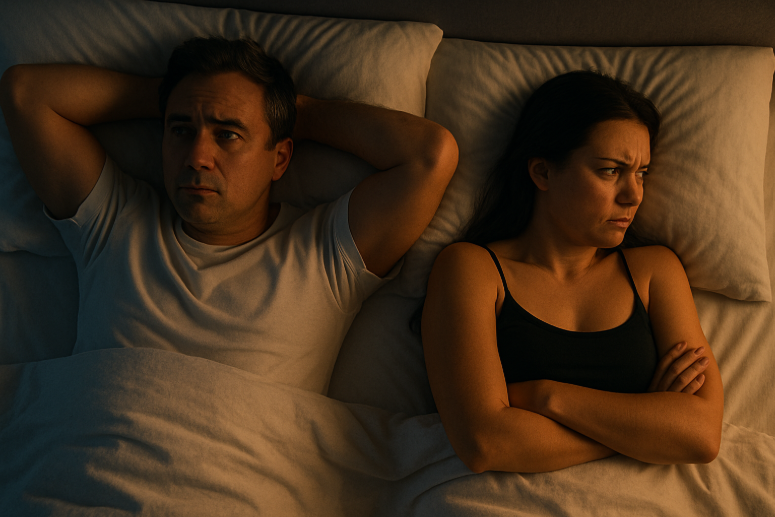
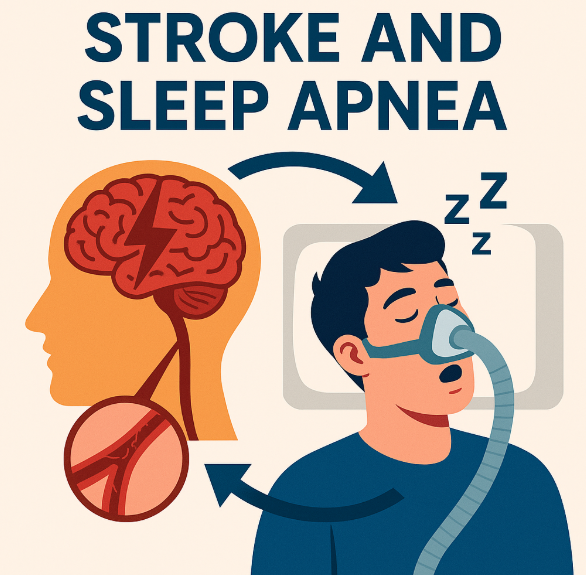
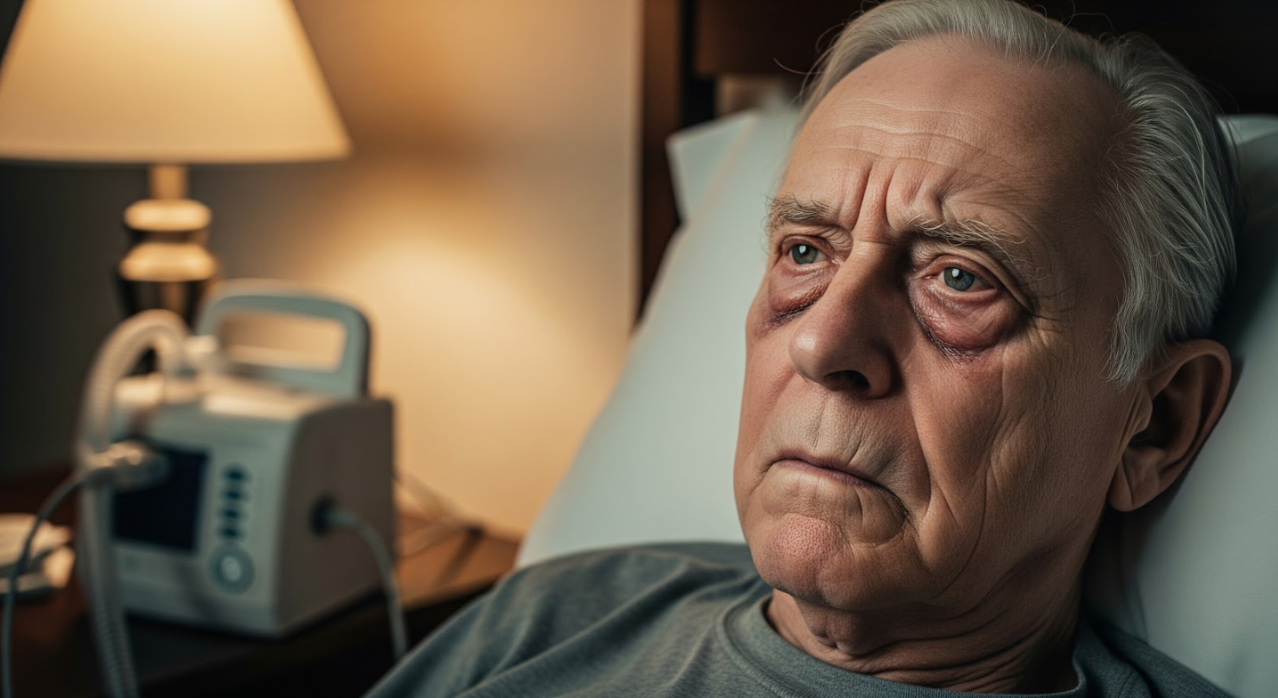
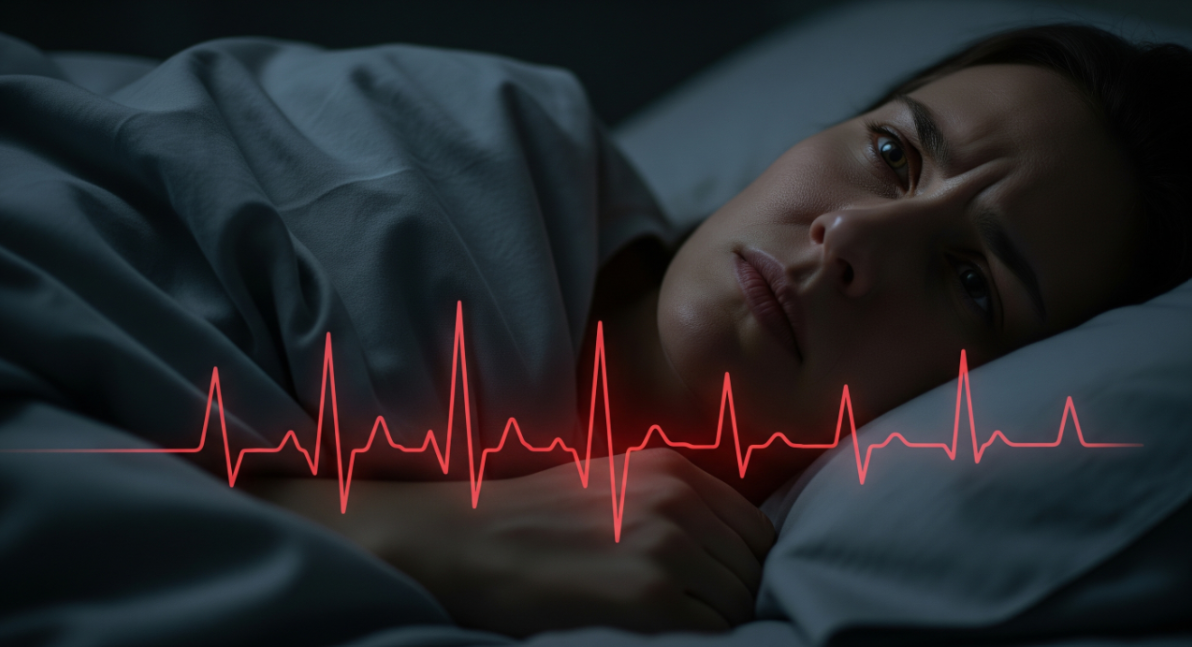






























































%20thumbnail.jpg)
.png)